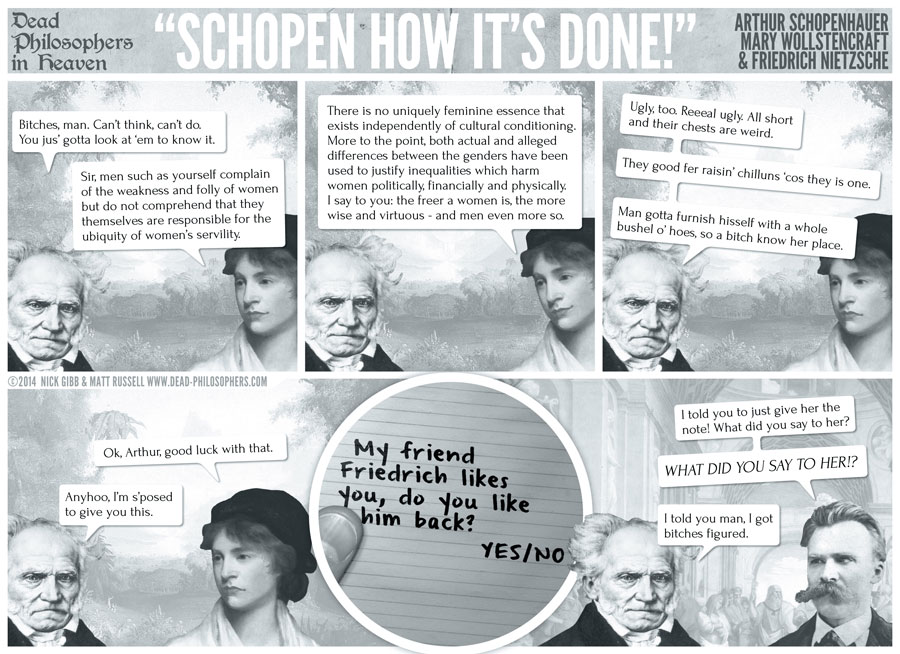Today I will mostly be reading up on automated infrastructure testing  Meanwhile, you all get to read this stuff instead:
Meanwhile, you all get to read this stuff instead:
Happy invoicing!
 Meanwhile, you all get to read this stuff instead:
Meanwhile, you all get to read this stuff instead:- 10 London Graffiti Slogans From The Last 50 Years - "Now instantaneous communication — and the rise of online petitions — makes a painted slogan seems old-fashioned, but the graffiti of the past is strangely hard to forget. The graffiti that has marked London over the past 50 years reveals instant messages that are political, surreal, particular, oblique or just plain direct." I recently spotted a “G. Davis is innocent OK” in the background of a scene in a TV play from 1979

- Effect Origins: Tracing the Earliest Recordings of Famous Sounds and Gear - "Whether the Big Muff sound was perfected in the signal chains of David Gilmour, Jack White or Billy Corgan is a matter of taste. Did you know, however, that before it found its way into “Comfortably Numb,” “Ball and Biscuit” and “Cherub Rock,” the Muff could be heard on a Carpenters' record? For every piece of musical gear, no matter how obscure or ubiquitous, some musician can lay claim to being the first pioneer to enter that sonic frontier. Here’s a look at some of the earliest known recordings of five famous audio effects and pieces of gear."
- Origami: mathematics in creasing - "The art of origami has been going through a renaissance over the past 30 years, with new designs being created at ever-increasing levels of complexity. It’s no coincidence that this rise in origami complexity has emerged at the same time scientists, mathematicians and origami artists themselves have been discovering more and more of the mathematical rules that govern how paper folding works." Thomas Hull on some of the unexpected applications being found for the Japanese craft.
- Preserving the Face of Death: Death Masks - Katy Meyers Emery: ”Death masks are an important artifact throughout history. Without photography, they were the only way of perfectly preserving the face of the deceased. The creation of the death mask is a very ancient tradition, and part of many culture’s funerary rites.”
- East of Palo Alto’s Eden - Kim-Mai Cutler on the history of segregation, legal and social, that has left this district of Silicon Valley lacking the benefits that should have accrued to it, if not for the fact that the trickle-down theory of redistribution is a load of bulltulip: ”East Palo Alto has been portrayed as a haven of affordability for a low-income and primarily black and Latino community and alternately as a stubbornly intractable core of poverty and violence amid Silicon Valley’s glittering wealth… with Facebook constructing a Frank Gehry-designed office complex that will let the company support roughly 7,000 workers while Palo Alto and Menlo Park balk at building housing even though median home prices have soared beyond $2 million, East Palo Alto may change enormously over the next decade.”
- Moon Phase and Libration, 2015 - From NASA’s Scientific Visualization Studio, a tool to show you ”…the geocentric phase, libration, position angle of the axis, and apparent diameter of the Moon throughout the year 2015, at hourly intervals.” Now you don’t even have to look out of the window to know when you’re likely to turn into a werewolf.
- The time when London’s streets were paved with wood - "London’s streets may be famously paved with gold, but more realistically, they were once paved with wood — quite a lot of streets and an awful lot of wood. As roads were increasingly paved to cope with carriages and later, bicycles, there was a debate about the best sort of material to pave them with — and curiously, it seems that wood was by far and away the most popular options." Ian Mansfield on the various materials with which the roads of London have been paved over the last few centuries.
- Lisping at JPL - "This is the story of the rise and fall of Lisp at the Jet Propulsion Lab as told from my personal (and highly biased) point of view. I am not writing in my official capacity as an employee of JPL, nor am I in any way representing the official position of JPL. (This will become rather obvious shortly.)" Ron Garret’s attempts to bring LISP into wider use at JPL sadly failed, but he did achieve success with some interesting robotics work.
- The Code: A declassified and unbelievable hostage rescue story - "Colonel Jose Espejo was a man with a problem. As the Colombian army’s communications expert watched the grainy video again, he saw kidnapped soldiers chained up inside barbed-wire pens in a hostage camp deep in the jungle, guarded by armed FARC guerillas. Some had been hostages for more than 10 years… the straight-talking Espejo was close to retirement after 22 years of military service. But he couldn’t stand the thought of quitting with men left behind enemy lines. He needed an idea, and when he needed an idea, he always went to one man." Fascinating tale of how an advertising agency devised an ingenious method for the Colombian military to send a message to hostages without their captors realising.
- Dead Philosophers in Heaven - My new favourite comic, featuring numerous dead philosophers:

Happy invoicing!





